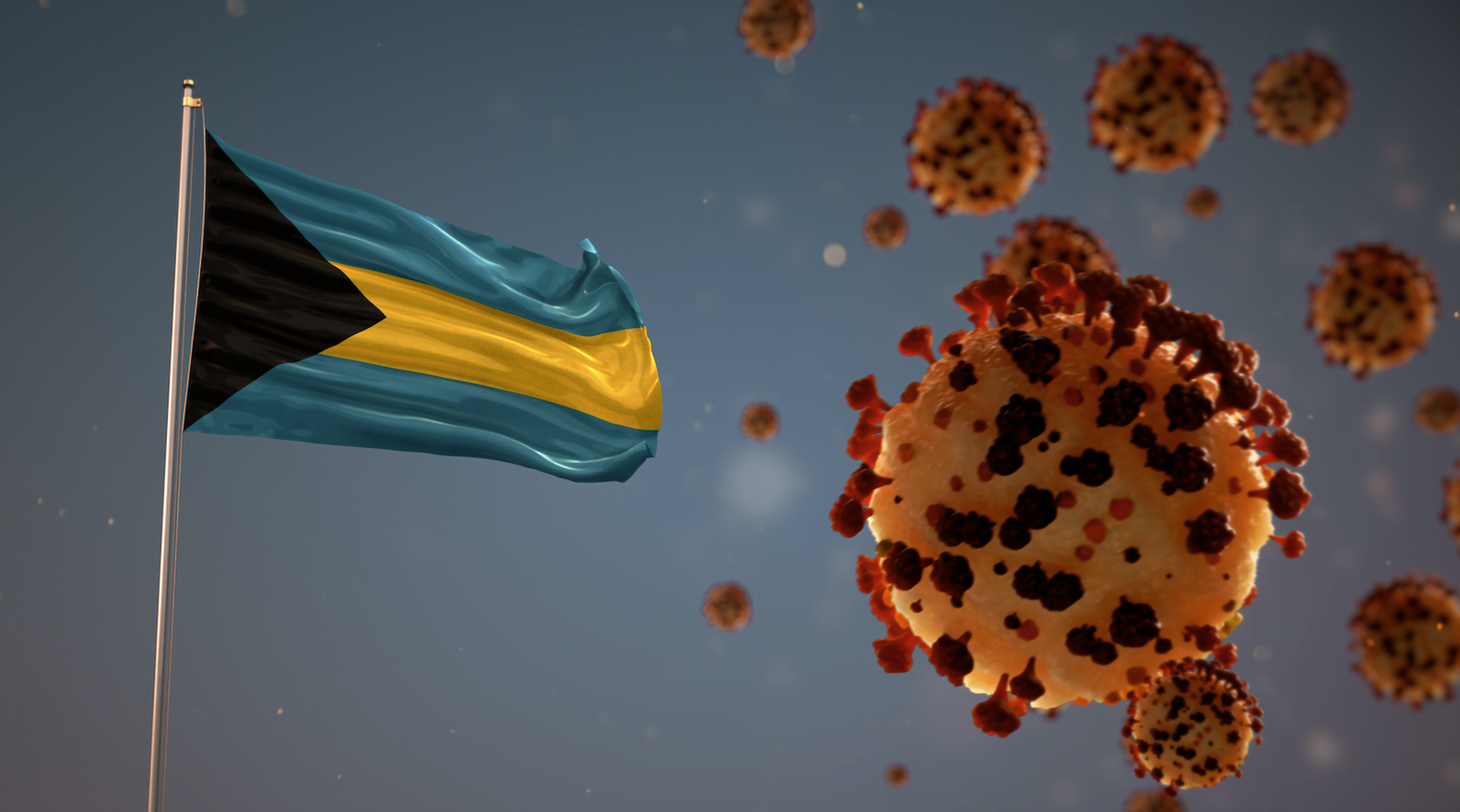NASSAU, BAHAMAS — The government has issued the latest emergency orders outlining a marginal range of eased restrictions for Abaco and New Providence while maintaining quarantine protocols.
The order delineates varying restrictions for the islands of The Bahamas and businesses, grouped under three schedules.
It maintains countrywide guidelines on mask-wearing, social distancing, and sanitizing, and for every person who leaves their residence to carry government-issued identification.
The order current outlines travel protocols for individuals entering The Bahamas, under which they have to have a negative RT PCR COVID-19 test and quarantine for 14 days.
The order states, “a visitor under mandatory quarantine, may subject to protocols established by the Ministry of Health, and at his own expense, travel outside of the jurisdiction.”
While the Ministry of Tourism has previously announced that the 14-day quarantine period would end starting November 1, the latest orders do not reflect that change.
The order also provides for inter-island travel for all islands and inter-island commercial flights are permitted to operate throughout The Bahamas
Every person traveling is required to obtain a travel visa that should be presented to the carrier agent at the point of embarkation.
A person traveling from New Providence will be required to provide a negative RTPCR COVID-19 test, apply for a travel visa, and quarantine for 14-days upon arrival for the duration of the stay.
Individuals traveling from the Family Islands to New Providence are not required to obtain a negative COVID-19 test prior to travel but will have to follow regular protocol when departing the capital.
A person traveling from Abaco to Elbow Cay, Grand Cay, Green Turtle Cay, or Man-O-War Cay will be required to quarantine for 14-days upon arrival in one of the cays.
Individuals are not permitted to travel from an island for which a notice has been given of an impending lockdown or where additional measures and restrictions have been imposed.
Following the last holiday lockdown, health officials said several Family Islands including Eleuthera, Exuma, and Andros saw an influx in COVID-19 cases.
First Schedule
Islands listed in the first schedule include Acklins, Abaco, Andros, the Berry Islands, Bimini, Cat Island, Chub Cay, Crooked Island, Elbow Cay, Eleuthera, Exuma, Inagua, Mayaguana, Grand Bahama, Grand Cay, Green Turtle Cay, Harbour Island, Long Cay, Long Island, Man-O-War Cay, Ragged Island, Rum Cay, San Salvador, and Spanish Wells.
A curfew is only imposed for Grand Bahama from 8pm to 5am daily, with exceptions permitted by the commissioner of police.
For all island businesses, agencies, establishments, and institutions, including salons and barbershops, are permitted to operate providing sanitization, mask-wearing and social distancing is maintained.
Restaurants may offer inside and outside dining at 50 percent capacity.
Social gathering shall be allowed with a maximum of 20 people at a private residence or facility.
Weddings, receptions, funerals, burials, and repasts will also be allowed with guidelines.
Beaches and parks will also be opened on these islands, except from Grand Bahama which starting Monday, will be opened daily between 5am and 8pm.
Second Schedule
New Providence (including Rose Island). Paradise Island and Abaco (excluding Green Turtle Cay, Grand Cay, Man-O-War Cay and Elbow Cay).
On these islands, a curfew will remain in effect between 8pm and 5am, with 24-hour weekend lockdowns.
Businesses, agencies, establishments, and institutions, including salons and barbershops, are also permitted to operate on these islands providing sanitization, mask-wearing and social distancing is maintained.
Grocery stores, pharmacies utilizing curbside and delivery service only, gas stations and water depot providing external services only, a dental practice, the Central Bank with essential employees only, commercial bank or credit union, financial services, law firms may operate between 6am and 7pm.
Pool maintenance and landscape services, retail bakeries, water, and ice production and a laundromat with 50 percent capacity shall also be permitted between 6am and 7pm.
Beauty salons and barbershops are permitted to operate under outlined restrictions.
Gaming house operators, wholesalers, and manufacturers may also operate using curbside, online, or delivery services.
Wholesalers, manufacturers, and plant nurseries are permitted to operate daily.
A casino, bar disco, cinema, museum, library, historical society, spas, gyms, straw market vendors, festivals, regattas, and a range of other entertainment businesses and services remain prohibited.
A wedding or funeral may be held with 10 people, excluding officiants and no reception or funeral repast are allowed.
Hotels may operate on islands in the second schedule provided that a guest under quarantine is not permitted to leave the premises and indoor dining, casinos, discos, gyms and spas are prohibited
Restaurants may operate with curbside service, pickup, delivery, takeaway, and drive-thru between 6am and 7pm.
Indoor and outdoor dining is prohibited for islands in the second schedule.
Beaches and parks will be opened between 5am and n8pm, provided groups do not exceed five people.
Individuals may exercise in their immediate neighborhoods between 5am and 8pm on Monday to Friday and 5am to 9pm on weekends and in their yard at any time.
Construction will be permitted Monday through Friday between 6am and 6pm; and on Saturdays and Sunday on Abaco between 6am and 6pm for hurricane-related recovery.
A construction company may apply in writing to the Competent Authority for permission to operate on Saturday or Sunday between the hours of 6am and 6pm.
Third Schedule
According to the orders, businesses resuming operations via delivery should utilize gloves, the delivery person shall contact the customer to announce delivery of the goods and ensure no person-to-person contact by leaving the delivery outside the door with the driver waiting for a distance away.
The orders also speak to businesses resuming curbside pickup with customers paying via electronic or digital platforms, orders being fulfilled by essential staff, and staff wearing personal protective equipment.






